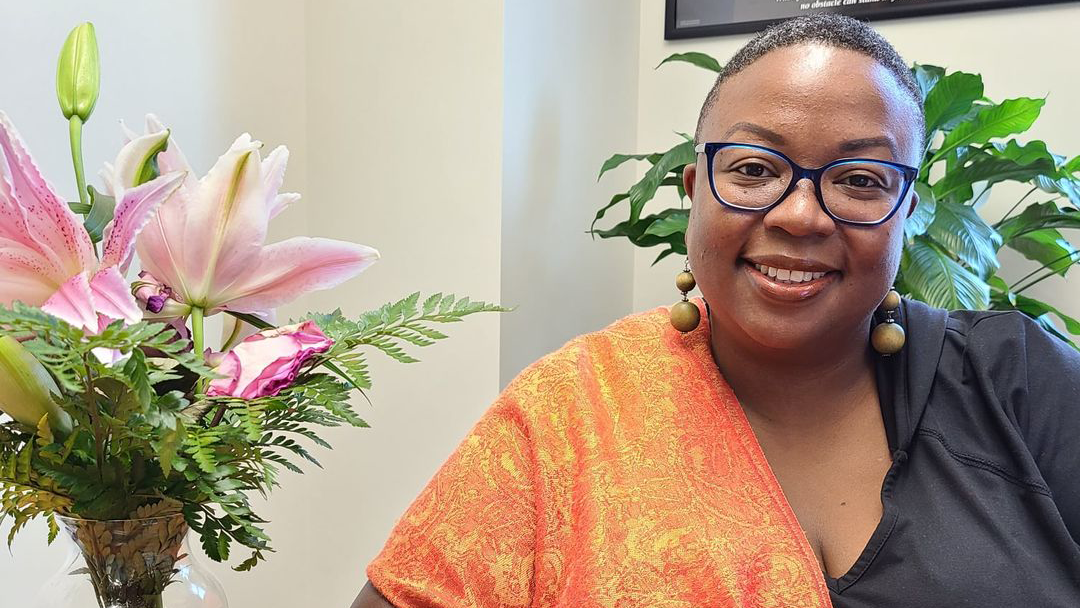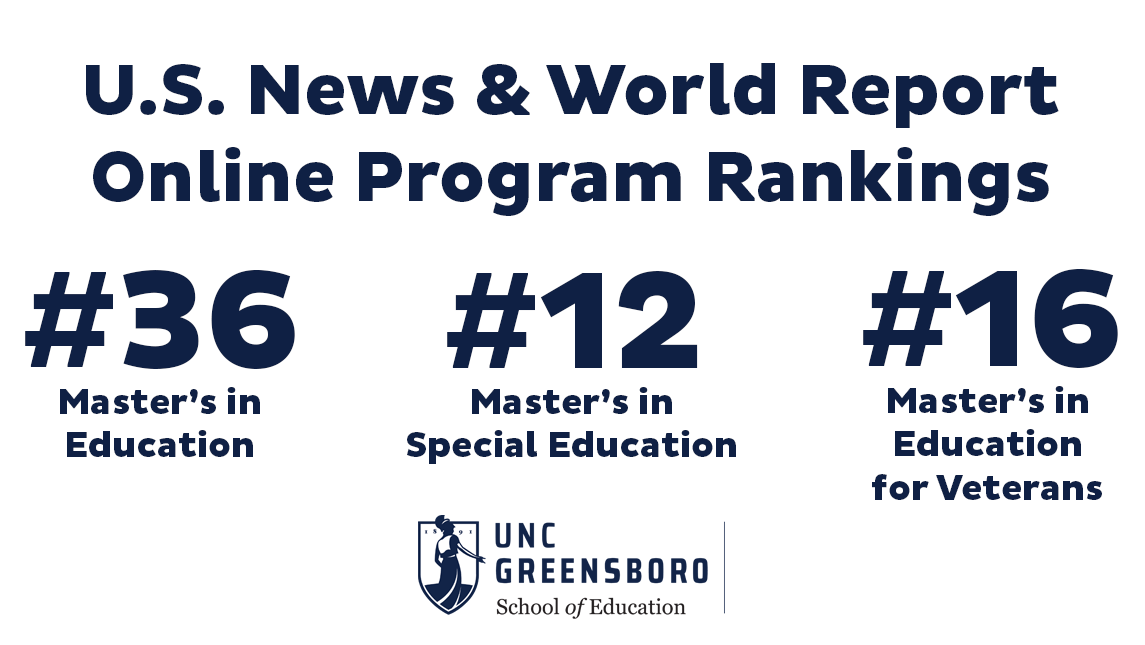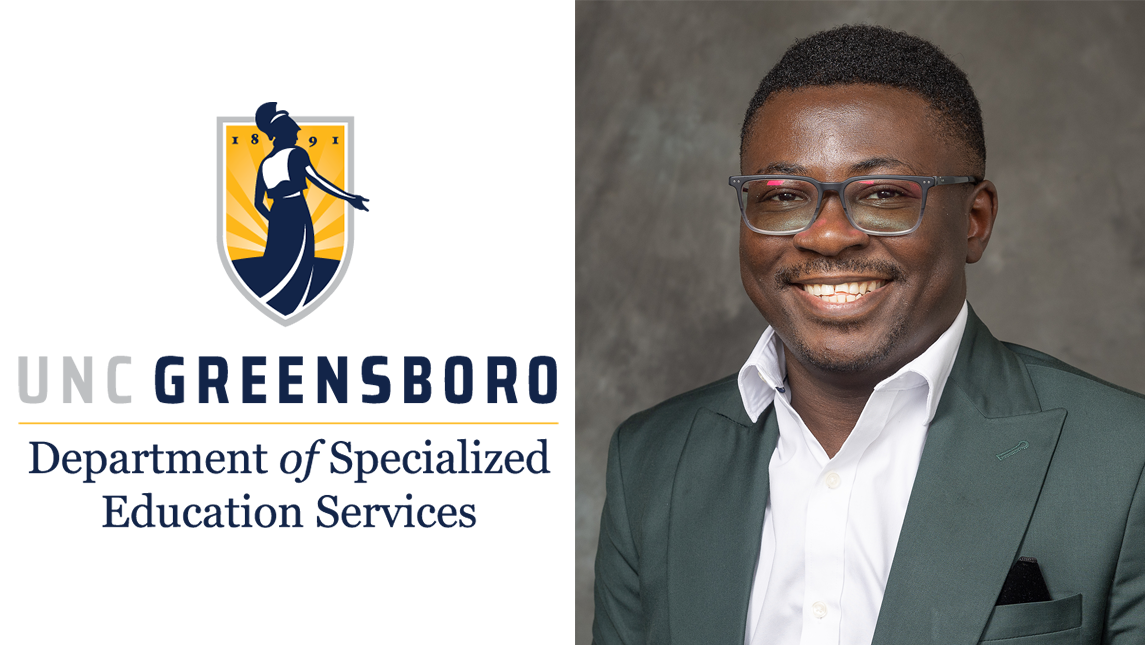Dr. Tiffanie Lewis-Durham, an assistant professor in the Department of Educational Leadership and Cultural Foundations (ELC), came to UNC Greensboro in 2018 after working for a non-profit in New York City.
In her previous role as the Director of Community Schools, Lewis-Durham led a team that provided wraparound services for students in low-performing schools and provided technical assistance to principals.
She has also spent time as an assistant professor in an educational leadership program at the University of Louisville. Lewis-Durham earned both her undergraduate and Ph.D. from Pennsylvania State University.
Why UNCG?
With an interest in educational policy and analysis, Lewis-Durham chose to come to UNCG. She found a welcoming environment in her new department.
Lewis-Durham said, “My department is really, really supportive. There are senior professors and staff members in our department who really believe in the work that I do, and I did not feel like I had to prove myself as a woman of color, a woman who grew up in poverty, a scholar who thinks about race and equity and social justice. In my department, people not only support me, but they advocate for the same kind of work.”
When looking at the university, she added, “I love that UNCG is a minority-serving institution. There are so many students from different backgrounds at UNCG. It doesn’t feel like a place where people only expect you to do research and get grants. Folks expect you to teach, connect with students, connect with others, and build community.”
Current Projects
Community Schools and the Black Community
In partnership with a faculty member at the University at Buffalo, Lewis-Durham’s research is focusing on whether community schools are engaged in “intentional practices that help Black students and Black families feel more connected and more welcome.”
After conducting some research, the next stage of this project will be going into community schools and examining the actual impact on these students and their families.
Assistant Principals and Educational Equity
As part of a grant from the Wallace Foundation secured by ELC clinical professor Brian Clarida, Lewis-Durham will be speaking with assistant principals about their thoughts on educational equity and if they feel ready to work in that area in their role.
The Center for New North Carolinians
Lewis-Durham has been working with the Center for New North Carolinians to try to understand how their community centers are serving students and families “in a way that might actually support the students in their academic achievement.”
CNNC works with immigrants, refugees, foreign-born students, and newcomers to the country to help with their transition to the United States. These community centers help people connect to health, educational, and legal services. Many children visit the centers after school and CNNC provides tutoring.
Working With Students
In ELC, students are encouraged to get involved with research right away. Many students who work with Lewis-Durham are involved with data collection, literature reviews, systematic reviews, creating research questions, and writing up research articles. She has published papers with students.
She says, “I think it’s a great opportunity. I had that opportunity as a graduate student. I just want to pay that back, give that back to students. They gain the skills of doing that research and feel more confident when it’s their time to do it on their own.”
What To Do With $1 Million
Research and outreach require funding. While most funding is found through grants and internal sources, philanthropic efforts can make a difference in the work being done.
For Lewis-Durham, if someone were to invest $1 million in the work she is doing, she would want to use it to engage people to assist with data collection and analysis, but would also want to compensate the people in the community centers on a daily basis. That type of money would allow for the purchase of material resources, things like computers for students to utilize in community centers, and for the enrichment of experiences that students and their families have.



